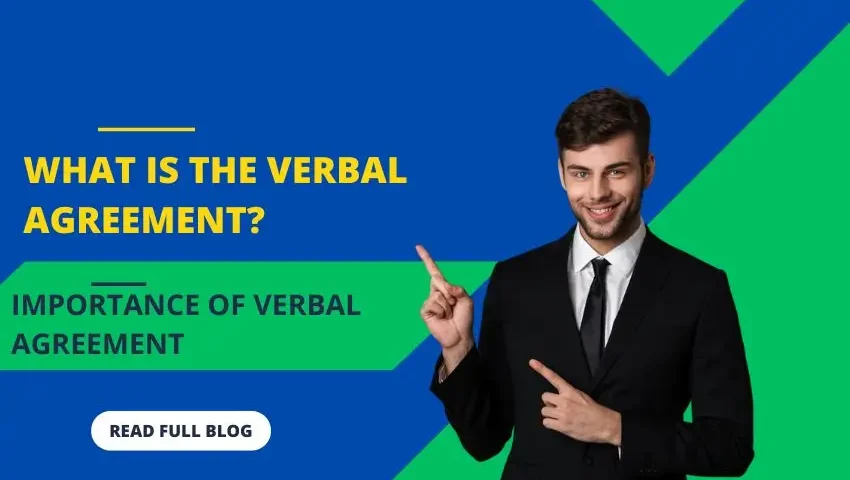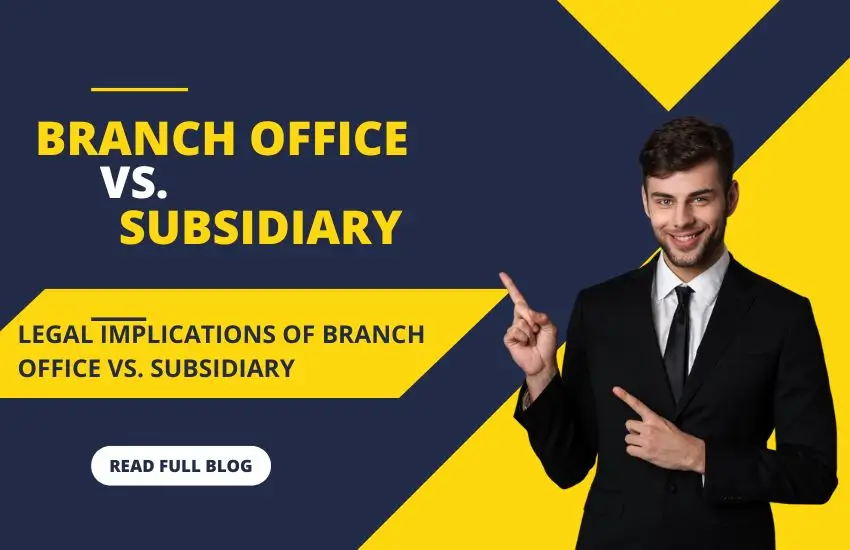What is Verbal Agreement? Importacne , Pros and Cons

Quality of Earnings: Definition, Why It’s Important, and Analysis
October 23, 2024
What is an LLC? Understanding the Basics of a Limited Liability Company
October 26, 2024What is a Verbal Agreement?
A verbal agreement, as the name suggests, is a contract or mutual understanding between two or more parties that is agreed upon verbally rather than in writing. These types of agreements occur frequently in daily life, whether you’re negotiating with a friend, making plans with a coworker, or even making a business deal. But can these agreements hold legal weight?
Definition of Verbal Agreement
A verbal agreement is essentially an oral contract. While most contracts are documented on paper, a verbal contract relies on the spoken words of both parties to enforce the terms agreed upon. Though informal, they can still carry legal significance.
Importance of Understanding Verbal Agreements
Knowing the implications of verbal agreements is essential because while they can be legally binding, they come with challenges, especially when disputes arise. Understanding how agreements work can help you navigate situations where documentation isn’t available.
How Verbal Agreements Work
The Role of Mutual Consent
For a verbal agreement to be valid, both parties must mutually consent to the terms of the agreement. This means that both sides must understand and accept the terms that have been agreed upon.
Legal Standing of Verbal Agreements
In many jurisdictions, verbal agreements are legally recognized. However, the difficulty lies in proving that an agreement existed in the first place if it comes to legal proceedings.
Pros of Verbal Agreements
Simplicity and Flexibility
Verbal agreements are easy to make. There’s no need to spend hours drafting up a complex written contract. This makes them highly flexible and adaptable, especially in situations where a formal document might not be necessary.
Quick and Informal
Verbal agreements are often made on the fly, which can be convenient in fast-paced environments. You don’t need to get legal teams involved or go through lengthy paperwork.
Cost-Effective
Because there are no drafting or legal fees, verbal agreements are cost-effective. This can be especially beneficial for small businesses or personal transactions where minimizing costs is crucial.
Cons of Verbal Agreements
Lack of Documentation
One of the most significant downsides of a verbal agreement is that there is no documentation. Without written proof, it’s difficult to show that both parties agreed to specific terms, which can lead to disputes.
Hard to Prove in Court
If a dispute does go to court, proving a verbal agreement can be extremely difficult. It often comes down to one person’s word against another, and without witnesses or other forms of evidence, legal battles can get messy.
Risk of Misunderstandings
Miscommunication is another common issue with verbal agreements. Without a written contract to clearly outline terms, it’s easy for parties to misunderstand or misremember what was agreed upon.
Are Verbal Agreements Legally Binding?
What Makes a Verbal Agreement Binding?
For a verbal agreement to be legally binding, it must meet the same criteria as a written contract. This includes an offer, acceptance, consideration (something of value exchanged between the parties), and mutual intent to be bound by the contract.
Legal Requirements for a Binding Contract
Verbal agreements are subject to the same laws as written contracts. If the agreement includes illegal activity or lacks clear terms, it may not be considered valid.
Examples of Legally Binding Verbal Agreements
Common examples of legally binding verbal agreements include small business deals, agreements for services, and sales transactions.
When Are Verbal Agreements Not Binding?
Statute of Frauds
Certain types of contracts must be in writing to be enforceable, as dictated by the Statute of Frauds. This includes contracts related to real estate, marriages, or any agreement that cannot be completed within a year.
Complex Contracts Requiring Written Forms
More complex agreements, such as business partnerships or significant financial transactions, generally require written contracts for clarity and enforceability.
How to Make a Verbal Agreement More Secure
Confirming Agreements in Writing
A good way to make a verbal agreement more secure is by following up with a written confirmation, such as an email, summarizing the terms.
Involving Witnesses
Having a neutral party witness the agreement can also provide additional security if the agreement is later disputed.
Keeping a Record of Conversations
Recording conversations (with consent) or keeping notes about the agreement can be useful as evidence if disputes arise later.
Common Examples of Verbal Agreements
Everyday Transactions
Verbal agreements happen regularly in everyday life, such as when buying goods at a market or agreeing to share responsibilities with a roommate.
Small Business Deals
Many small businesses rely on verbal agreements for smaller contracts, such as hiring contractors or making quick sales deals.
Personal Agreements
Personal agreements between friends or family members, such as borrowing money or promising to help with a project, are often verbal.
What to Do When a Verbal Agreement is Disputed?
Steps to Take
If a verbal agreement is disputed, the first step is to try and resolve the issue through communication. Discuss the terms and try to reach an amicable solution.
Seeking Mediation
If direct communication doesn’t work, mediation can be a helpful way to resolve disputes without taking legal action.
Legal Recourse
In situations where mediation fails, taking legal action may be necessary. You will need to provide any available evidence to support your case, such as witness testimony or records of conversations.
Real-World Cases of Verbal Agreement Disputes
Famous Legal Battles Involving Verbal Agreements
There have been several famous court cases involving verbal agreements, such as disputes between business partners or celebrities where millions were at stake.
Lessons Learned
These cases often highlight the importance of having a written contract in place for significant agreements, as it provides more clarity and legal backing.
The Future of Verbal Agreements
Technology’s Role in Verbal Contracts
With the rise of technology, verbal agreements may increasingly be recorded via audio or video, providing more clarity and security.
The Rise of Digital and E-contracts
Digital contracts and e-signatures are becoming the norm, providing a safer alternative to verbal agreements in the modern business world.
Verbal Agreements vs. Written Contracts
Key Differences
The most significant difference between verbal and written contracts is the ease of proving the terms. Written contracts provide a clear, tangible record, whereas verbal agreements rely on memory.
When to Choose Written Over Verbal
For any agreement involving significant money, long-term obligations, or complicated terms, it is always better to have a written contract.
FAQs
Are verbal agreements enforceable in court?
Yes, verbal agreements can be enforceable in court, but proving the existence of the agreement can be challenging without witnesses or other evidence.
What should I do if the other party denies the verbal agreement?
If the other party denies the verbal agreement, try to gather evidence of the discussions or involve witnesses to help support your case.
How can I protect myself when making a verbal agreement?
To protect yourself, always follow up with written confirmation or keep a detailed record of the terms discussed.
Can a verbal agreement override a written contract?
No, a verbal agreement generally cannot override a written contract, especially if the written contract explicitly states that no oral modifications are allowed.
How long do verbal agreements last?
The duration of a verbal agreement depends on the terms discussed, but it’s best to have clear time frames established during the agreement.


